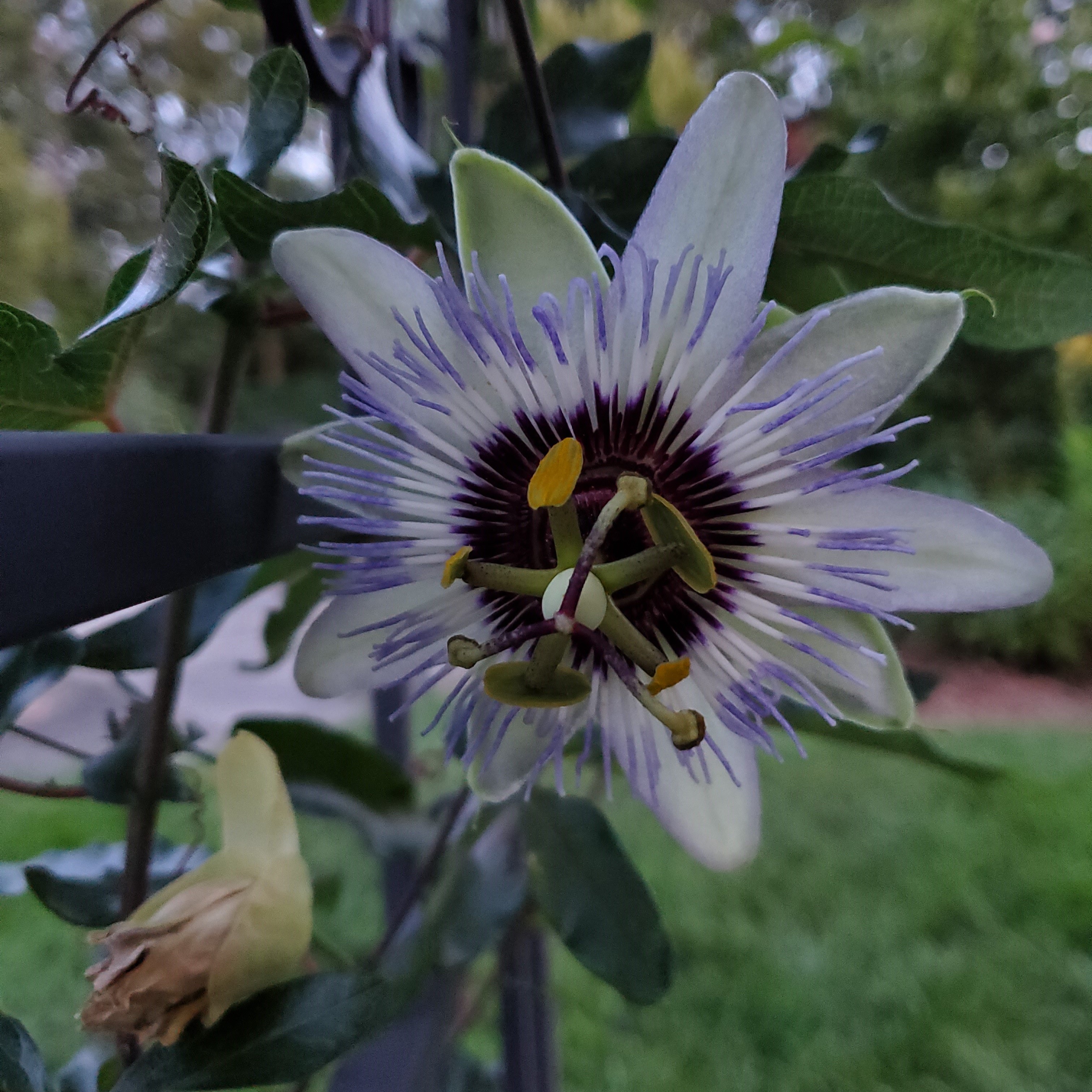
Sweet Sleep- Herbal Strategies to Improve the Quality of Sleep
I’m wondering if you could help me find a daily herbal sedative (not pill form) that is readily available at a store like Walmart. Is it possible you would be able to give me any suggestions? How about poppy seeds …will say a teaspoon or tablespoon of these cause a mild sedative effect? I would really appreciate your help in understanding this issue. thank you so much. Thanks, Kevon
To thoroughly answer your question, I would need a better description of what you would like this ‘daily herbal sedative” to do. Is your objective to improve sleep, reduce anxiety or reduce hyperactivity?
There are several medical conditions that impact sleep; discussion of these is outside the scope of this blog. However, herbs may be able to provide you some relief. To begin, there are several online articles on sleep hygiene; these provide basic behavioral strategies for someone to improve sleep without intake of herbs or drugs. To find your solution, one of the first things to do is to perform an objective review of your sleep habits, diet, exercise and lifestyle & work requirements. A Sleep Hygiene Worksheet will help you do that (see the online link in references). An honest review of these things will be the cornerstone to figure out what is your personal hurdle. My herbal response will focus on herbs to improve sleep where anxiety or hyperactivity may be contributing factors.
Another common cause of insomnia is a person’s personal response to the problem. Where a self-perpetuating spiral may be one of the first hurdles to conquer. The herbalist David Hoffmann writes about negative conditioning as follows, “Not sleeping well can lead to worry, frustration and depression which in turn instigates additional psychological pressure to sleep. This anxiety further interferes with sleep. A cycle that may be described as ‘failure-worry-more failure-more worry‘ develops. This pattern becomes self-perpetuating. Behaviors that maintain the insomnia can aggravate the problem, as can performance anxiety.”
Many of the herbs are readily available at Walmart, large pharmacies or health food stores as ground herb in capsules. If you want to avoid having to swallow a capsule (or pill), many of these businesses sell alcohol-based tinctures or glycerin extracts. A blend of equal parts of the liquid tinctures or extracts can be easily prepared by mixing the contents of the bottles then refilling them for dispensing by dropperful (be sure to write on the label what is now in the bottle). Begin with a low dose then work upwards as you gauge your response to the blend. Where 1 dropperful of the blend is the starting dose. My personal favorite is a blend of passionflower (anxiolytic), skullcap (antispasmodic) and willow bark (anti-inflammatory).
Before purchasing a bunch of tinctures and extracts, I would suggest starting with teas. There are several reputable brands that market tea blends for sleep. When taken within 1 hour of retiring for bed, they can be very effective. Particularly if other sleep hygiene habits are respected.
Here is a list of sleep allies provided to us in by nature and used extensively in the Western school of herbal medicine (reference Hoffmann):
Mild hypnotics: Chamomile (Matricaria recutita), Lemon balm (Melissa officinalis), Catnip (Nepeta cataria), Linden (Tilia multiple species) and Red clover (Trifolium pretense)
Moderate Hypnotics: Motherwort (Leonurus cardiaca), Pasqueflower, Pulsatilla vulgaris), Skullcap (Scutellaria laterifolia) and Vervain (Verbena officinalis)
Strong Hypnotics: California Poppy (Eschscholzia californica), Hops (Humulus lupulus), Wild Lettuce (Lactuca virosa), Passionflower (Passiflora incarnate, flower in the photo above), kava kava (Piper methysticum) and valerian
(Valeriana offincinales).Again, start slowly with low dose or mild hypnotic herbs then work your way to larger doses of tincture of stronger herbs.
Thanks for writing in to AskTheHerbalists and I hope this helped.
References:
Sleep Hygiene worksheets can be found here: https://printableworksheets.in/worksheet/sleep-hygiene
David Hoffmann, Medical Herbalism, 2003, Healing Arts Press, Rochester, VT, pgs. 355-362.Judith Fox Smith, MS, is the founder of Foxsmyth Herbal, in Stoneham, MA. Judy is a biological research scientist and clinical herbalist. She is the founder and past president of the Eastern PA chapter of American Herbalist Guild, the Herb Gatherers of Lansdale, PA and past Vice President of San Antonio Herb Society. She combines her knowledge of biology and botany with her passion to provide practical herbal and lifestyle recommendations for a holistic balance in today’s techno-driven world.
At Ask The Herbalists, your questions are answered for free by professional herbalists, with advanced degrees. Ask us a question! Tell your friends about us! Donate to support our work to create an online space for reliable information on herbal medicine.

